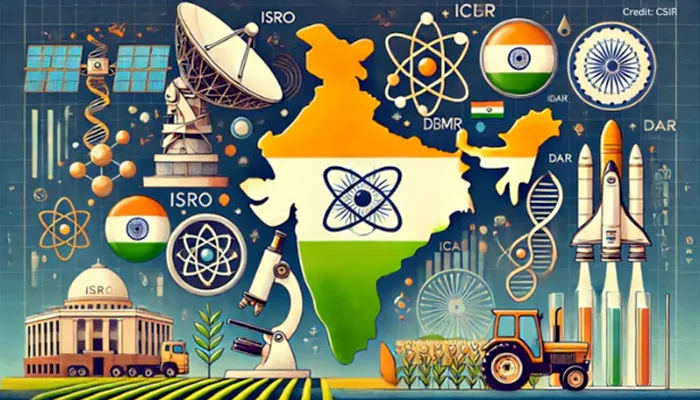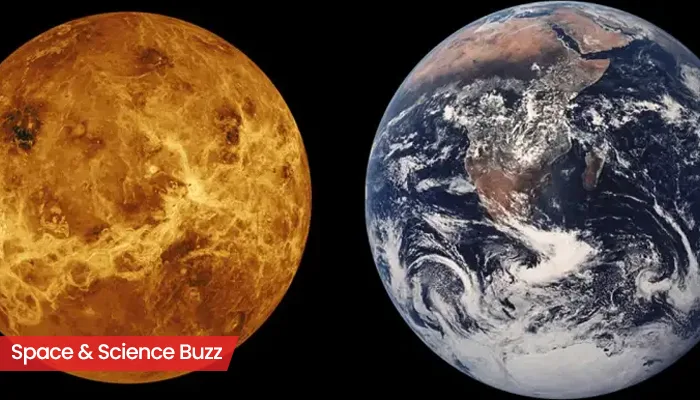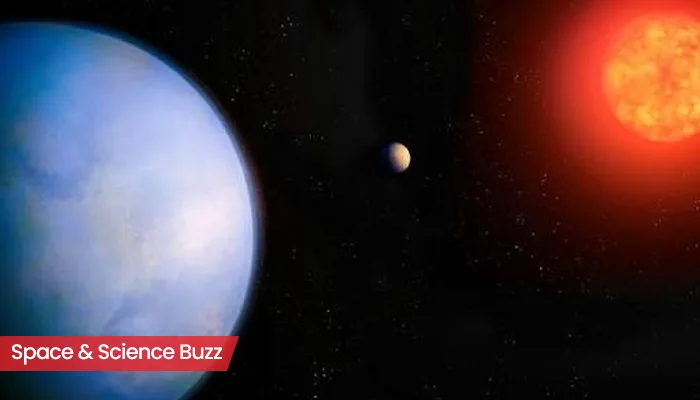NASA Says Airplane-Sized Asteroid To Pass Earth Today At High Speed: All Details Of Size, Distance And More
- Gurpreet
- 1 year ago
- 2 minutes read

A 37-foot giant asteroid is reportedly all set to approach close to Earth on August 12.
Space agency NASA recently warned that a 37-foot giant asteroid, almost the size of an aeroplane, is all set to make a close approach to Earth at a distance of 4,180,000 miles. The asteroid, named 2024 ON2, will be approaching close to Earth on August 12, but it is not considered as dangerous as the size and distance are of no immediate threat to Earth.
However, the frequency of asteroids making close passes to Earth does differ. Most larger asteroids are less common, but the smaller ones like the recent 2024 ON2, are more frequent. With no immediate threat, the scientists, nonetheless, closely monitor it since studying near-Earth objects is imperative.

What is an asteroid and how do they impact Earth?
An asteroid is a minor planet circling the inner Solar System, however, these metallic, or stony bodies have no atmosphere. They were left over from the early stages of our solar system's formation, which was about some 4.6 billion years ago. Scientists use a series of methods to understand an asteroid's path such as observations, mathematical modelling, and advanced technology. And it cannot be ruled out that over the years, there have been several asteroids and asteroid fragments, which have caused damage to Earth. In fact, these cosmic collisions have led to several geological changes along with the evolution of life.
For those caught unaware, the Chicxulub impact event, which took place around 66 million years ago, is considered to be one of the largest asteroids to impact Earth. The catastrophic asteroid or comet collision led to mass extinction of dinosaurs, and it still remains to be one of the most significant events in Earth's history.
Some of the major asteroids within our solar system include Ceres, Vesta, and Pallas, and all of them differ in size, composition, and orbital characteristics.

Over the years, NASA and other space agencies have been researching how asteroids could have a major impact on Earth. In fact, NASA hopes to find potentially hazardous asteroids (PHAs) and observe their movements as well, which might one day threaten Earth.
Interestingly, asteroids also contain important information about their origins and development, and scientists can understand the composition of asteroids. With the help of asteroid study, they can gauge the genesis of water and organic compounds in the solar system as well.



.webp)
.WEBP)
.WEBP)
.webp)
.webp)


.webp)
.webp)
.webp)